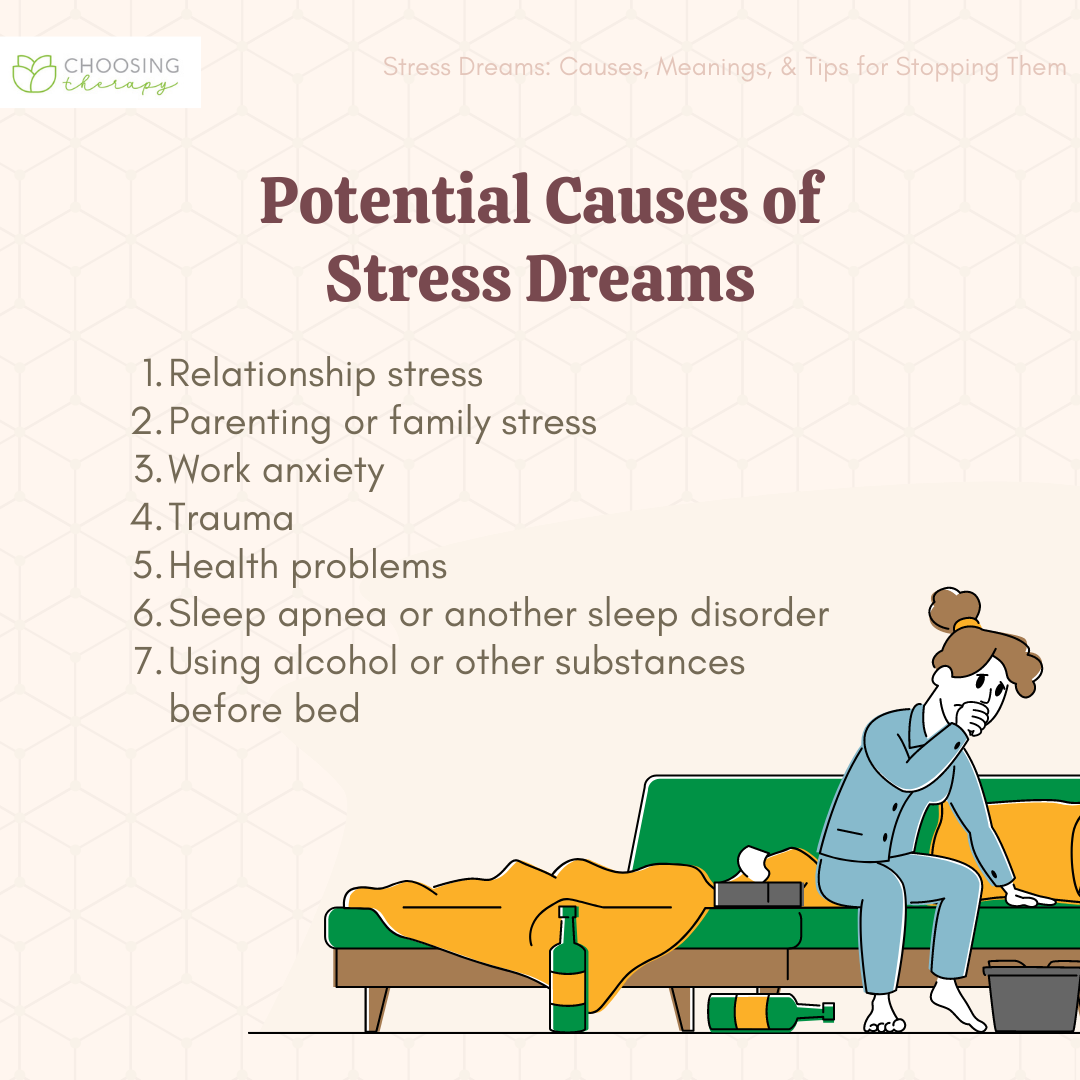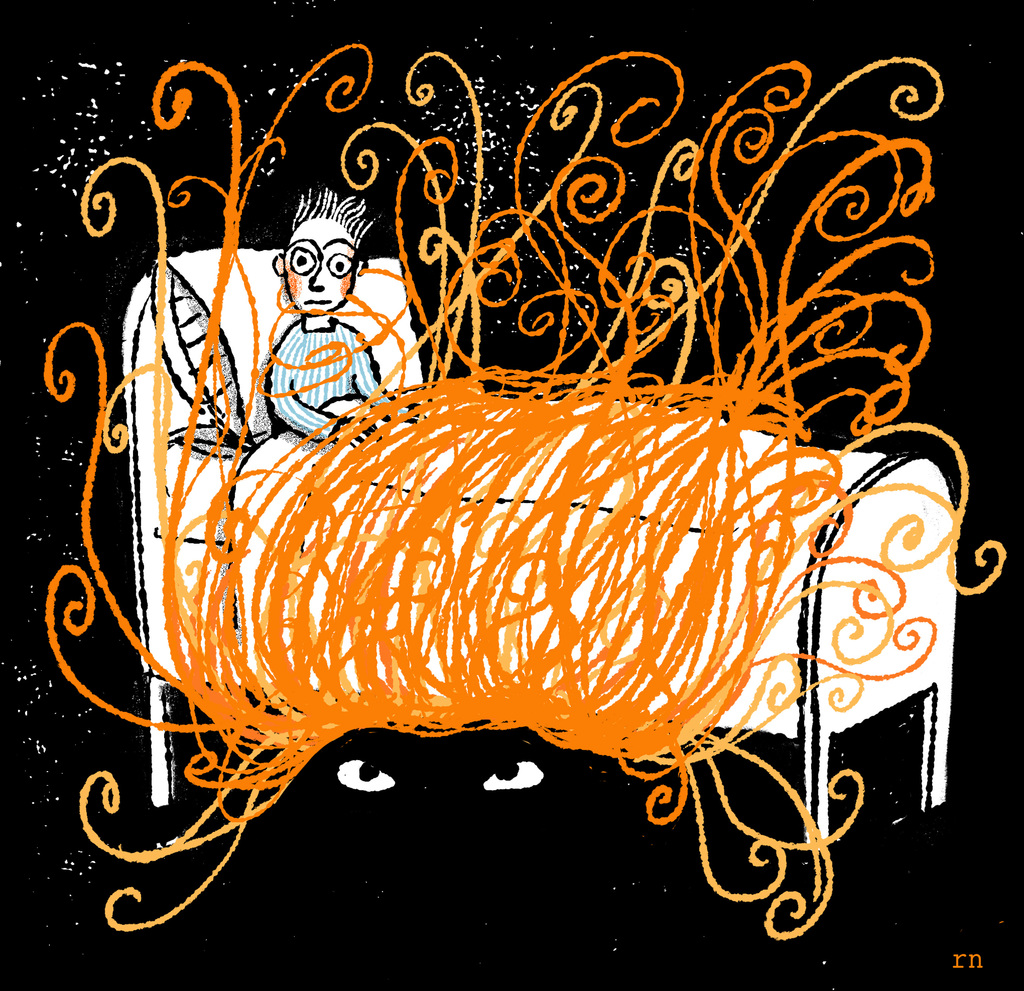Have you ever woken up feeling anxious or worried? You might have experienced a stress dream. These dreams can be confusing and scary. In this article, we will explore what stress dreams are, why they happen, and how to manage them.
What Are Stress Dreams?
Stress dreams are dreams that reflect your worries or anxieties. They often include themes of:
- Falling
- Being chased
- Missing an important event
- Failing a test
These dreams can leave you feeling tired. They might make you feel anxious during the day. Understanding stress dreams is important for better sleep.
Why Do We Have Stress Dreams?
Stress dreams happen for several reasons. Here are some common causes:
1. Daily Stressors
Everyday life can be stressful. Schoolwork, family issues, and friendships can cause anxiety. These feelings can show up in your dreams.
2. Major Life Changes
Big changes can also lead to stress dreams. Moving to a new city or starting a new school can create uncertainty. This can result in unsettling dreams.
3. Sleep Problems
Poor sleep can affect your dreams. If you don’t sleep well, stress dreams may occur more often. Getting good sleep is essential for rest and recovery.
4. Past Experiences
Sometimes, old memories can trigger stress dreams. Trauma or difficult times may resurface in your sleep. This is a way for your mind to process these experiences.
Common Themes in Stress Dreams
Stress dreams often have common themes. Here are some examples:
1. Falling
Dreams of falling can signify a loss of control. This may relate to your life situations.
2. Being Chased
If you dream of being chased, it may show avoidance. You might be running from a problem.
3. Losing Things
Dreams about losing important items can reflect fears. You may worry about not being prepared.
4. Public Speaking
Many people dream about public speaking. This often relates to fear of judgment or failure.
How Stress Affects Your Sleep
Stress can impact your sleep quality. When you’re stressed, your body stays alert. This can make it hard to fall asleep. Here are some effects of stress on sleep:
- Difficulty falling asleep
- Frequent awakenings
- Restless sleep
- Nightmares and vivid dreams
Understanding these effects can help you manage stress better.

Credit: www.calm.com
Ways to Reduce Stress Dreams
Managing stress is key to reducing stress dreams. Here are some effective strategies:
1. Practice Relaxation Techniques
Relaxation techniques can help calm your mind. Try:
- Deep breathing exercises
- Meditation
- Yoga
2. Maintain A Sleep Routine
Creating a sleep routine can improve sleep quality. Go to bed and wake up at the same time every day. This helps regulate your body clock.
3. Limit Screen Time
Reduce screen time before bed. The blue light from devices can disrupt sleep. Try reading a book instead.
4. Talk About Your Feelings
Talking about your worries can help. Share your feelings with family or friends. This can ease your mind and reduce stress.
5. Write In A Journal
Writing down your thoughts can help clear your mind. Try to write about your day before bed. This can help you process feelings.
When to Seek Help
If stress dreams become too frequent, it may be time to seek help. Here are some signs:
- Dreams interfere with daily life
- You feel anxious during the day
- You have trouble sleeping regularly
A mental health professional can provide support. They can help you work through your stress and dreams.

Credit: www.choosingtherapy.com
Frequently Asked Questions
What Causes Stress Dreams?
Stress dreams are often triggered by anxiety, unresolved issues, or significant life changes that create emotional tension.
How Can I Stop Stress Dreams?
Practicing relaxation techniques, such as meditation and deep breathing, can significantly reduce the frequency of stress dreams.
Do Stress Dreams Affect Sleep Quality?
Yes, stress dreams can disrupt sleep patterns, leading to fatigue and decreased overall sleep quality.
Are Stress Dreams Common?
Stress dreams are common, especially during periods of high stress or anxiety, affecting many individuals at some point.
What Do Stress Dreams Mean?
Stress dreams typically reflect underlying worries or fears, revealing your mind’s attempt to process unresolved emotions.
Conclusion
Stress dreams can be unsettling. However, understanding them is the first step to managing them. By recognizing the causes and employing effective strategies, you can reduce their frequency. Remember, it’s important to take care of your mental health.
Try some of the tips mentioned in this article. Good sleep is essential for a healthy life. Don’t let stress dreams control your nights. Take action and improve your sleep quality today!
If you have any questions or experiences to share, feel free to leave a comment below!

